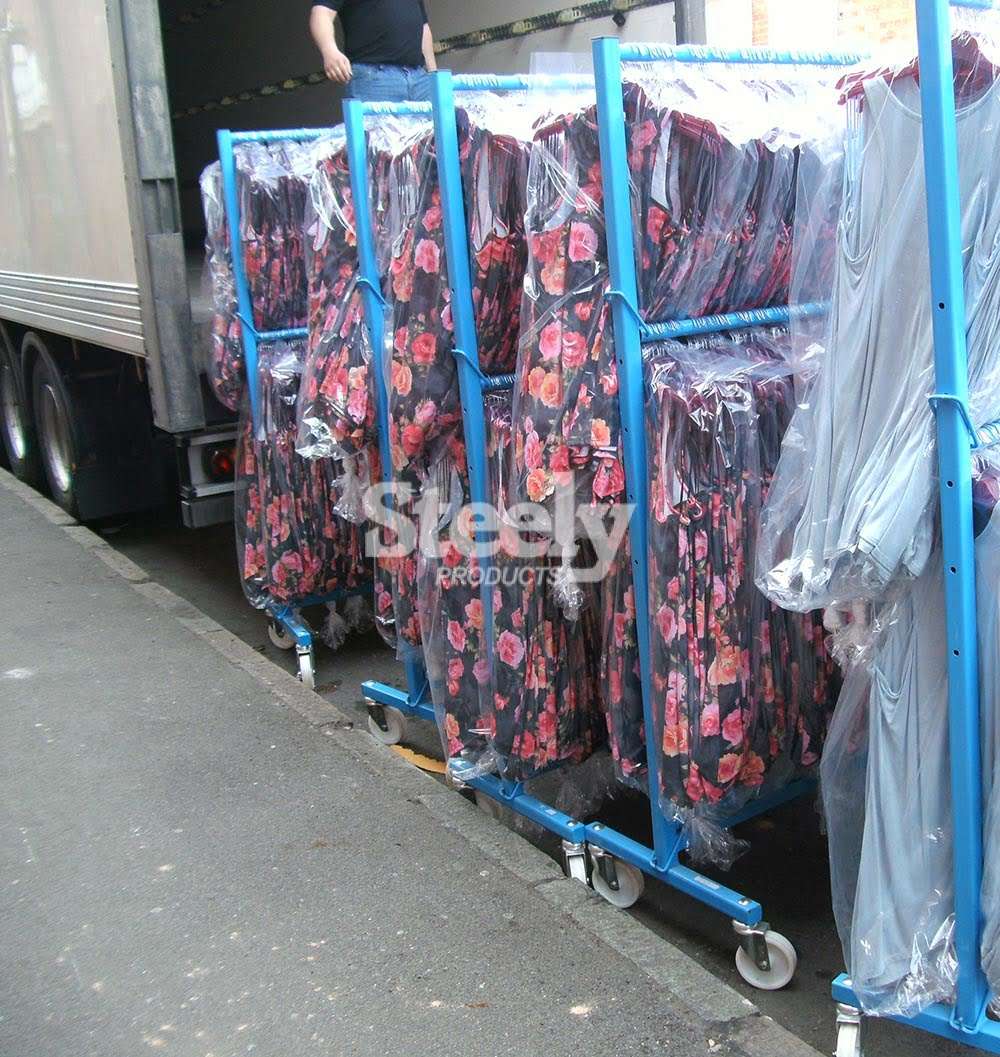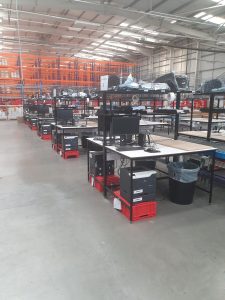Your basket is currently empty!

Fashion retailer Joules has posted double-digit revenue growth and profits in contrast to many high street retailers such as Debenhams and HMV, which have ongoing financial problems.
Joules has demonstrated that clothing retailing can still be profitable. Their underlying profits were up 14.7% and half year group revenue rose by 17.6%.
Joules Chief execrative Colin Porter said:
“This outcome is ahead of our initial expectations for the period and has been achieved despite challenging trading conditions. We continue to benefit from a well-invested and flexible ‘total retail’ model in the UK, which enables us to respond and adapt to shifting customer preferences.”
A key to the success of Joules is having a flexible business model that adapts to change. Fashion trends vary and there are different seasonal demands. There is also the challenge of online orders, with most clothing retailers needing both a high street and online presence.
Joules has created contingency plans in case of a “hard Brexit”, which includes establishing a EU-based distribution facility via a third party. They are also arranging for early deliveries of their Spring and Summer 2019 range before any possible disruption.
Thanks to fluctuating demand, clothing retailers have to have storage systems that adapt to different stock levels. Their garment rails manufacture supplies extra garment rails that can be easily stored together in slack periods ready for use during peak periods.
If all garment retailers follow Joules’ example and become more flexible, they can survive despite Brexit and high street woes.
You may also interested in:

New report highlights limitations of automating the warehouse
A new report by Prological on the future of warehouses examines the issue of automation. It notes that
How repairing damaged warehouse equipment beats replacing entirely
A White Paper by Southgate Global has detailed how repairing warehouse equipment instead of
